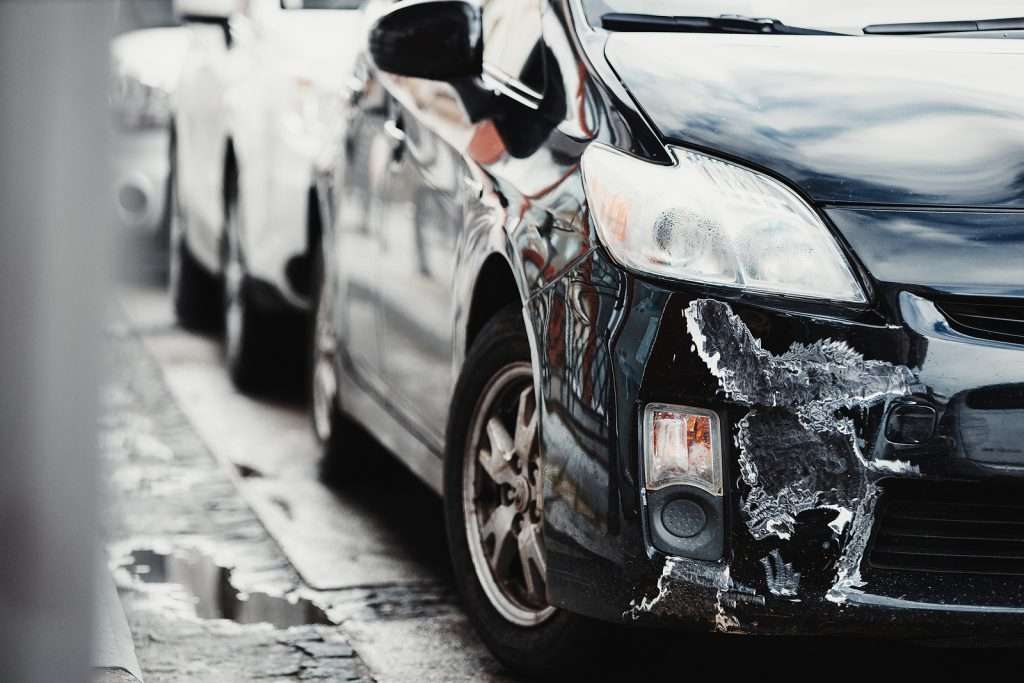Determining the value of a non-running car can be a challenging task, as there are many factors that can affect its worth. In this blog post, we'll take a look at some of the key considerations you should keep in mind when trying to figure out how much your non-running car is worth.
First, let's define what we mean by a “non-running car.” For the purposes of this post, we'll consider a non-running car to be one that is not currently operable and cannot be driven on public roads. This could be due to a variety of reasons, such as mechanical issues, damage, or age.
There are several different approaches you can take when determining the value of a non-running car. Here are a few options to consider:
- Repair estimates: One way to determine the value of a non-running car is to get estimates for the cost of repairing it. This can give you a sense of how much it would cost to get the car up and running again, and can help you determine how much you might be able to sell it for. Keep in mind that repair estimates can vary widely, so it's a good idea to get estimates from multiple sources.
- Salvage value: If the cost of repairing your non-running car is too high, you might consider selling it to a salvage yard or auto recycler. These companies will typically pay you based on the weight of the car and the value of any usable parts. This is known as the salvage value of the car.
- Private sale: If you'd prefer to sell your non-running car to a private buyer, you'll need to consider what the market is willing to pay for a car in your condition. Keep in mind that private buyers are usually looking for a good deal, so you'll likely have to accept a lower price than you would if you were able to sell the car in working condition.
- Trade-in value: If you're in the market for a new car and are considering trading in your non-running car, you'll need to determine its trade-in value. This is the amount that a dealership is willing to offer you in exchange for your car. Trade-in values are generally lower than private sale prices, as dealerships need to make a profit when they resell the car.
There are a few key factors that can affect the value of a non-running car. These include:
- Age: Older cars are generally worth less than newer ones, especially if they are not in good condition.
- Make and model: Some makes and models are more popular and in demand than others, which can affect the value of your car.
- Condition: The overall condition of the car will have a big impact on its value. If it has significant damage or is in poor condition, it will be worth less than a car that is in good condition.
- Location: The location of the car can also affect its value. Cars in certain areas may be worth more or less than cars in other areas.
When determining the value of a non-running car, it's important to be realistic and consider all of these factors. It's also a good idea to do your research and see what similar cars are selling for in your area. This can give you a good idea of what you can expect to get for your car.
Ultimately, the value of a non-running car will depend on a variety of factors, and it can be difficult to determine exactly how much it is worth. By considering the factors outlined above and doing your research, you can get a good idea of how much your car is worth and make informed decisions about how to sell it.
One thing to keep in mind is that the value of a non-running car is generally lower than the value of a car that is in good working condition. This is because buyers will typically be more willing to pay more for a car that they can drive immediately, rather than one that requires repairs. If you are able to repair your non-running car and get it up and running again, you may be able to sell it for a higher price.
If you are unable to repair your non-running car or are unable to find a buyer, you may need to consider other options. One option is to donate the car to a charity or non-profit organization. Many organizations will accept donations of non-running cars and may be able to sell them for parts or scrap metal, with the proceeds going to support their cause. This can be a good way to get rid of your non-running car and do some good at the same time.
In conclusion, determining the value of a non-running car can be a complex task, as there are many factors that can affect its worth. By considering repair estimates, salvage value, private sale prices, and trade-in value, you can get a good idea of how much your car is worth. It's also important to consider the age, make and model, condition, and location of the car, as well as the demand for similar cars in your area. By doing your research and being realistic, you can determine the best course of action for selling your non-running car.



